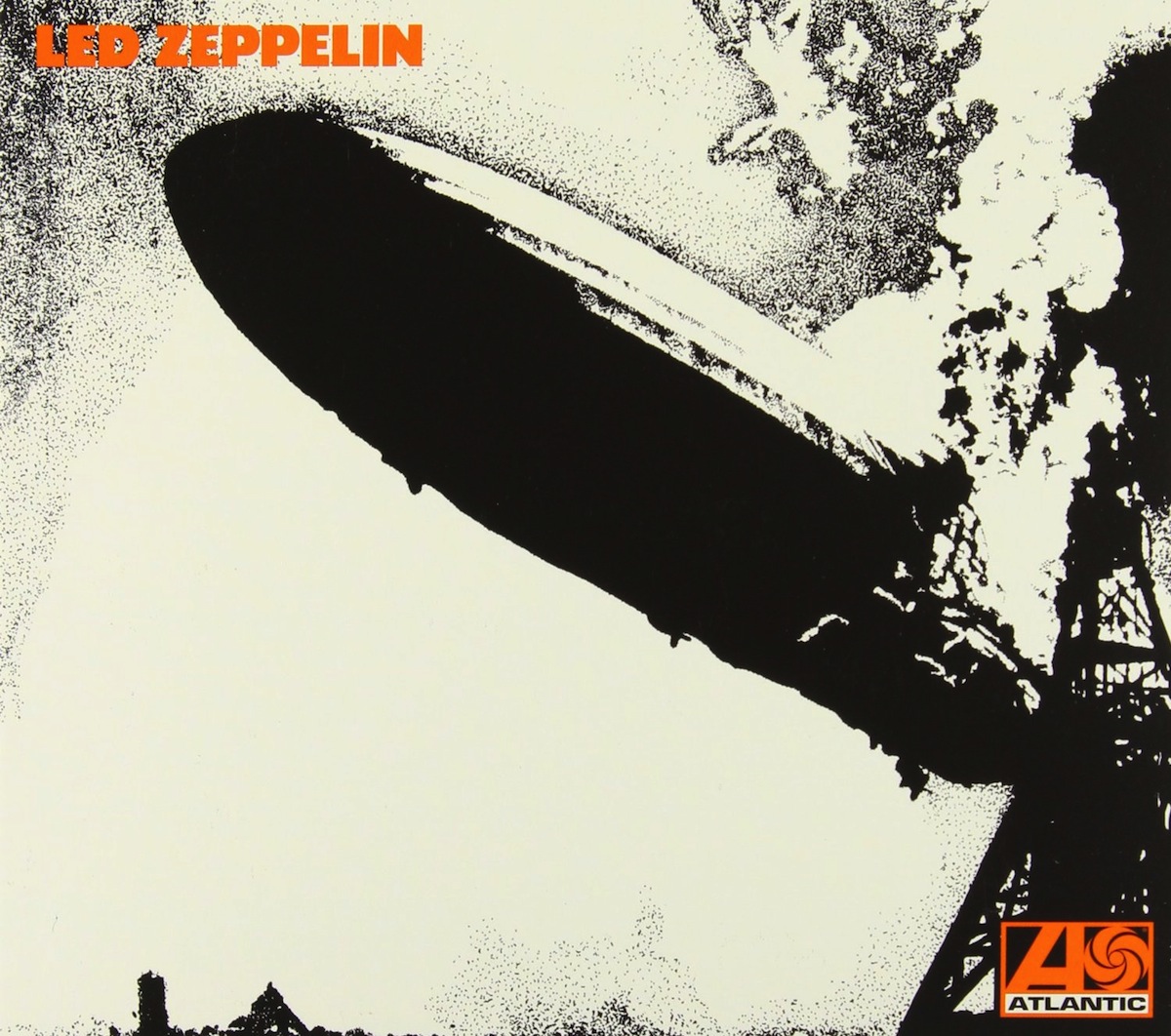By the waning years of the 1960s, the musical space of rock had been well explored. The Beatles had made rock music internationally popular and opened the floodgates for rock music to wash over the mainstream. The Rolling Stones had become the archetypal image of a rock band with all of their hedonistic implications. Jimi Hendrix had injected psychedelia into rock music, showing that virtuosic talent could be paired with rock music. However, on Jan. 12, 1969, a new band would define the sound and look of rock and roll in the 1970s and beyond with their debut album: Led Zeppelin.
The band Led Zeppelin was formed by pairing already established studio musicians with a couple of relatively unknown, local musicians. The group emerged from the ashes of guitarist Jimmy Page’s old band, The Yardbirds, naming themselves The New Yardbirds before eventually changing the name to the now iconic Led Zeppelin. Besides guitar savant Jimmy Page, the new lineup consisted of the underrated yet genius session bassist John Paul Jones, the powerhouse drummer John Bonham and an at-the-time unknown singer named Robert Plant, who became recognized as perhaps the greatest voice in rock history.
The band’s self-titled debut album, canonically referred to as “Led Zeppelin I” to avoid confusion with the band itself, was released on Jan. 12, 1969. The album finds a young Zeppelin distorting their blues influences with a heavy rock sound, covering a number of blues staples along the way.
Two excellent examples of Led Zeppelin’s reinterpretation of blues classics lay in “You Shook Me” and “I Can’t Quit You Baby.” Both are covers of songs by blues pioneer Willie Dixon, turned into proto-heavy metal songs with Plant’s wailing vocals front and center on each cover. While other blues-influenced bands at this time, such as Cream, had covered blues songs with more distorted instrumentals, no band had the powerhouse vocalist that Plant was. The slow instrumentals of these blues tracks allow for all the other members of the band to sit back while Plant displays his vocal prowess. “You Shook Me” also allows for Jones to show his organ playing in a breakdown section that also features a Plant harmonica section and a Page guitar solo.
In sharp contrast to the slow-burn blues of “You Shook Me,” the majority of “Led Zeppelin I” showcases a bold and brash sound that set the stage for future metal and hard rock. Within the first second of the album, “Good Times Bad Times” explodes with a sturdy guitar riff tailed by intense drumming.
Similarly, “Communication Breakdown” catches the listener off guard after the peaceful instrumental “Black Mountain Side,” brandishing a more rhythmic and repetitive style of guitar. This riffing is reminiscent of many metal tracks and was even quoted as core inspiration by the guitarist Johnny Ramone of legendary punk rock group Ramones.
Classic rock radio staple “Dazed and Confused” stays in line with the heaviness of the other tracks but in a slower manner. Wailing guitars and vocals substitute for riffing, establishing a loud and warbling soundscape that spontaneously erupts into a killer guitar solo.
While many groups offered their unique approach to rock music, Led Zeppelin’s debut effort was particularly successful, owing to their successful modernization of the blues without compromising on its emotional intensity. Album highlight “Babe I’m Gonna Leave You” starts off acoustic, with Plant painfully singing about anticipating a breakup. As the track progresses, Plant’s sadness becomes anger, as his shouts and wails ring out through dramatic guitar and crashing symbols. By the end of the track, Plant has advanced through all five stages of grief, as he cries, “I’ve got to go away … Baby, baby, baby … that’s when it’s calling me back home.”
It may be surprising to modern listeners that “Led Zeppelin I” was not well received by contemporary critics. The group’s musical artistry was frequently regarded as inferior to that of Jeff Beck, another member of The Yardbirds, the group that Page had been a part of. Plant’s voice was disparaged as a poor imitation of Rod Stewart’s raspy style, and the group’s writing as a whole was criticized as underdeveloped. However, the album had found a place in listeners’ ears, earning a gold certification by July 1969 that evolved into eight-times platinum certification by the present day.
Led Zeppelin’s debut album stands out within the modern musical canon, as it perfectly captures and amplifies the emotional intensity of blues within its rock compositions. While certain albums may be historically significant in inspiring other artists or subgenres of music, “Led Zeppelin I” was monumental in redirecting the entirety of rock music’s trajectory to be louder and more exciting than ever before.
















